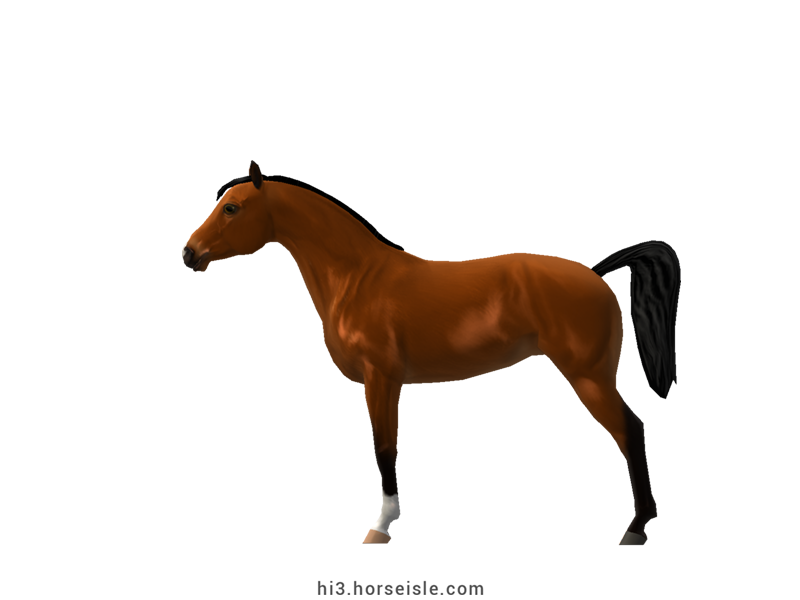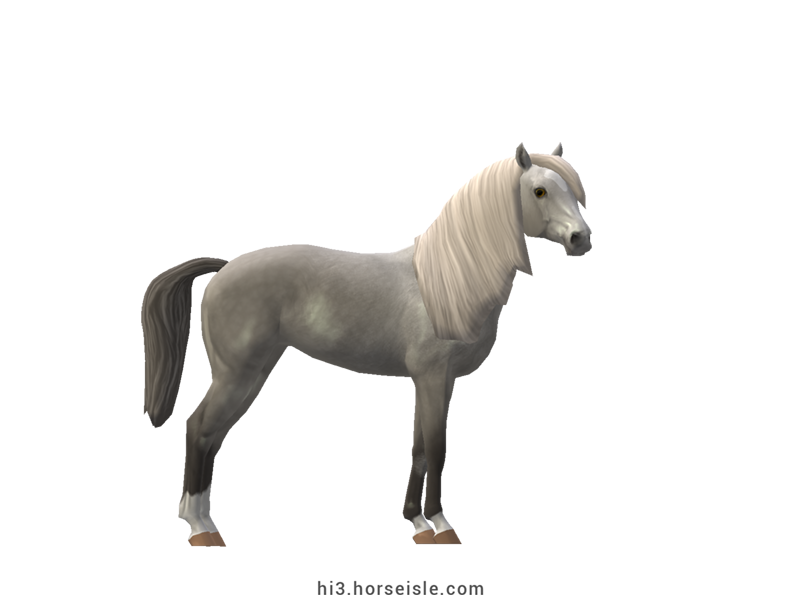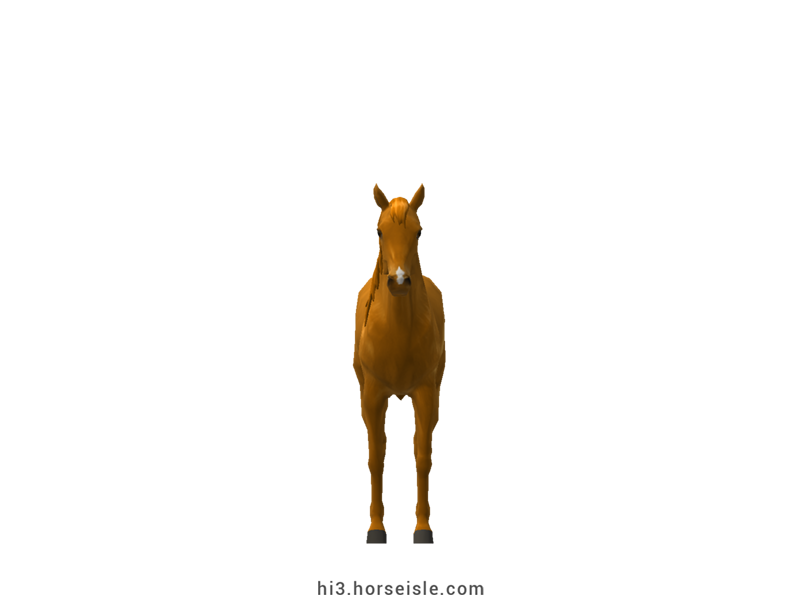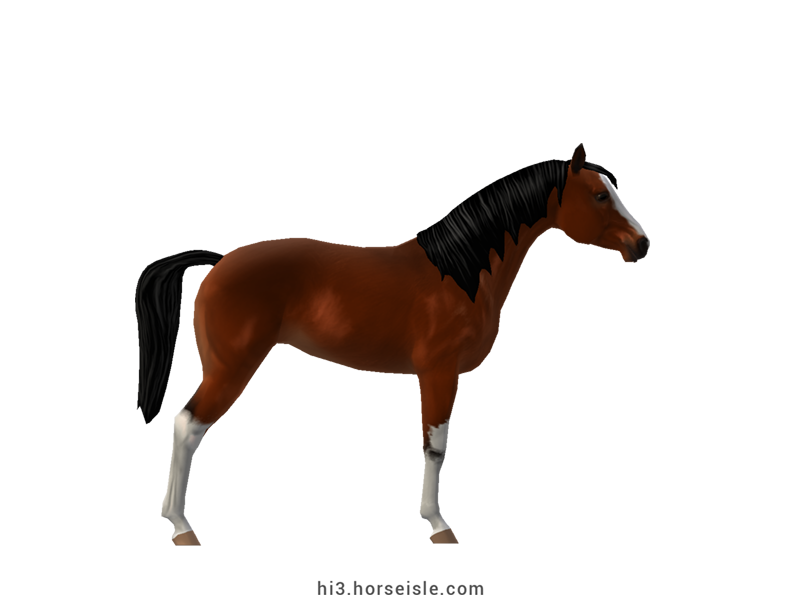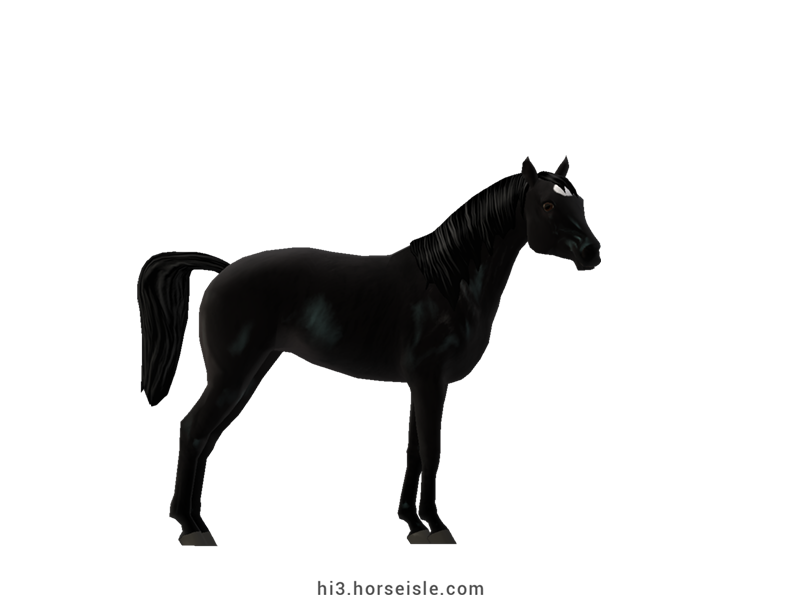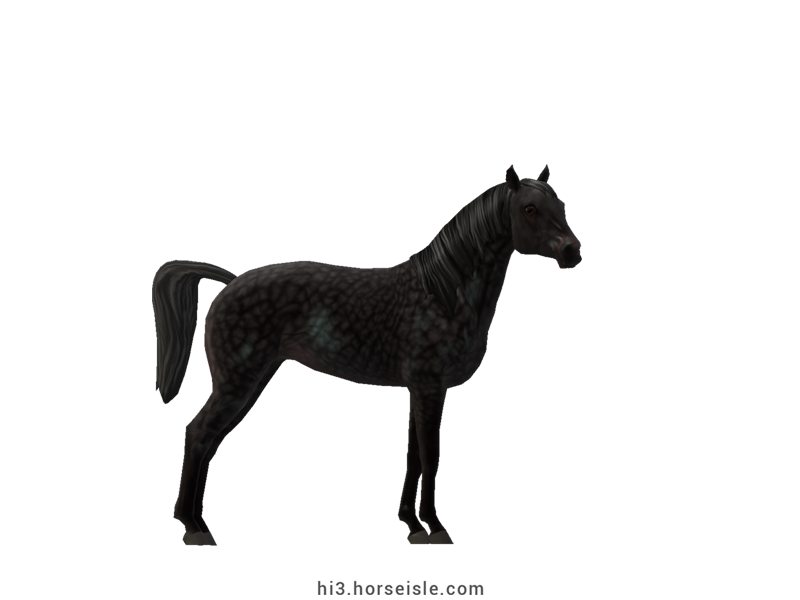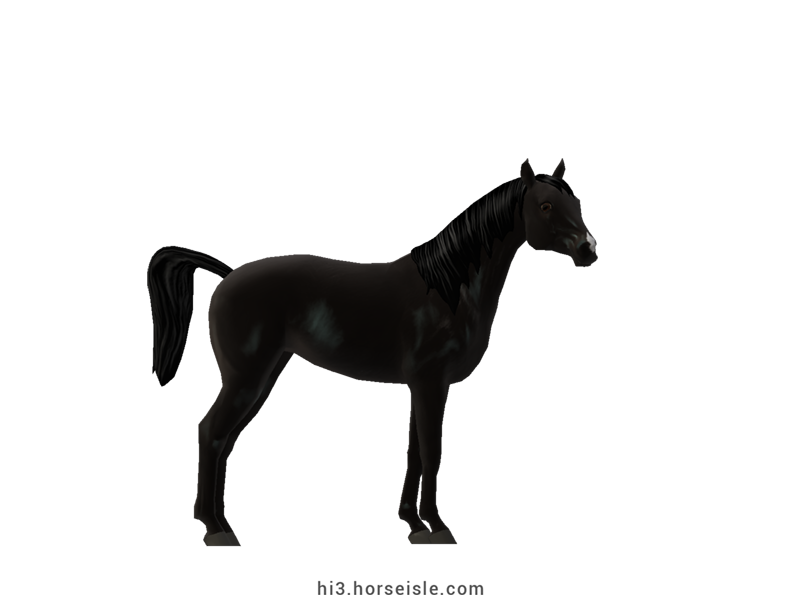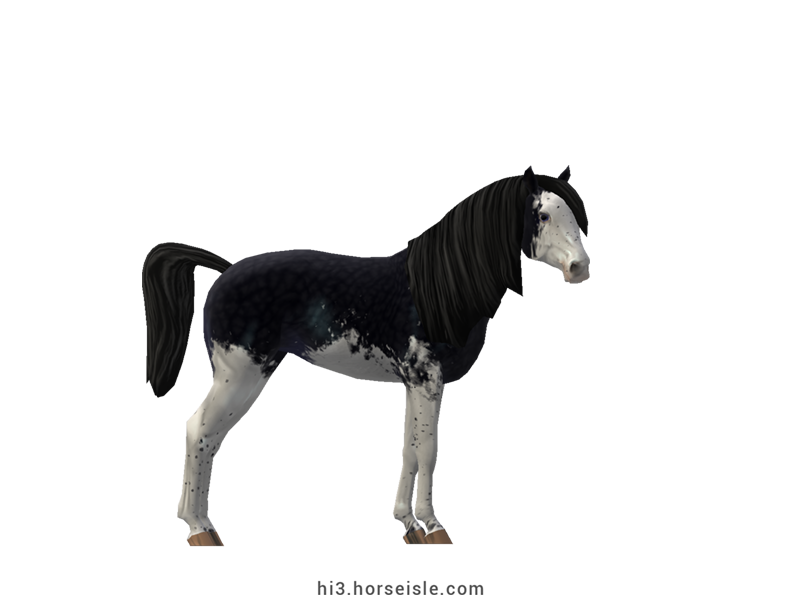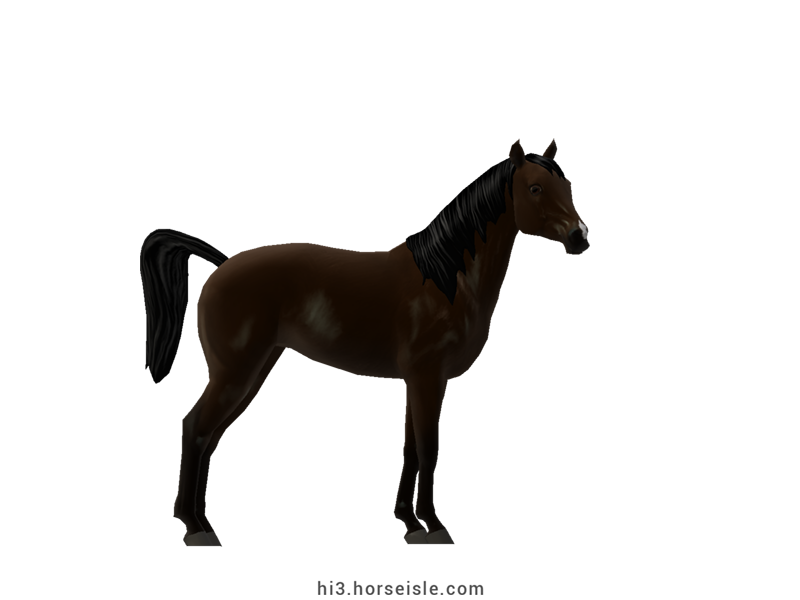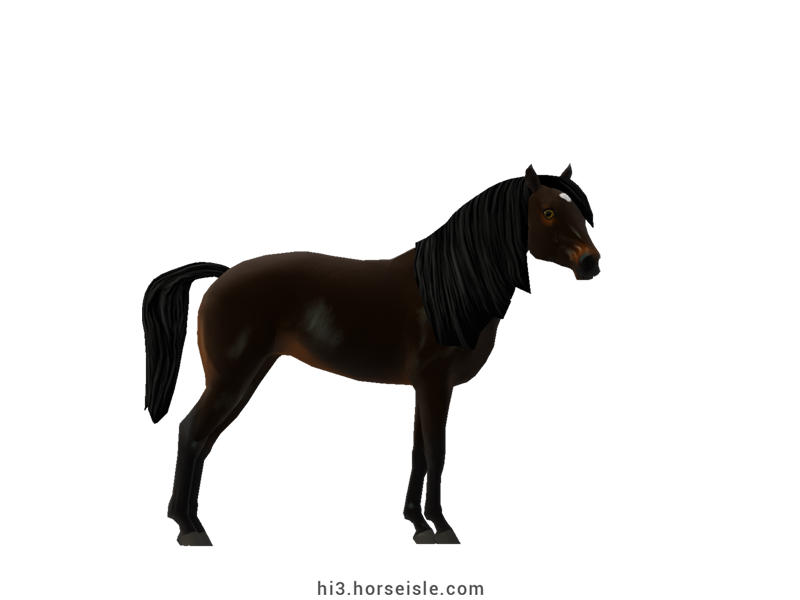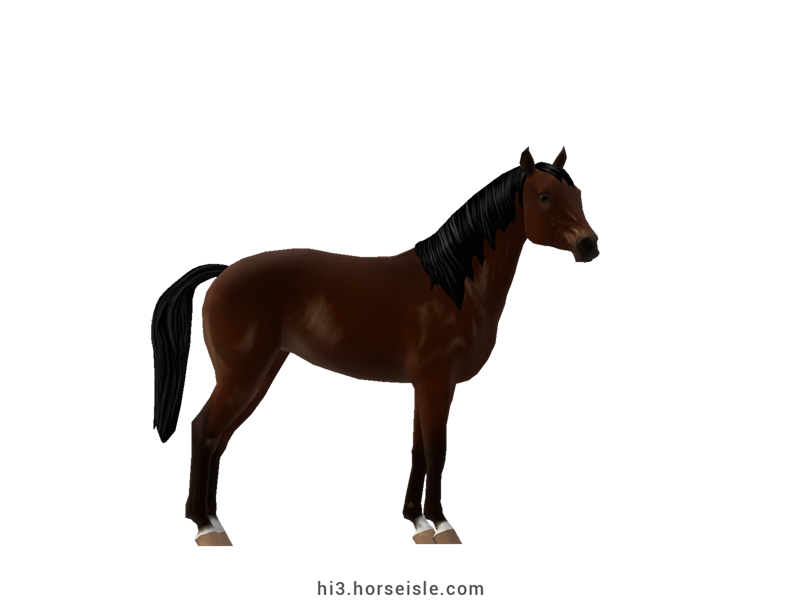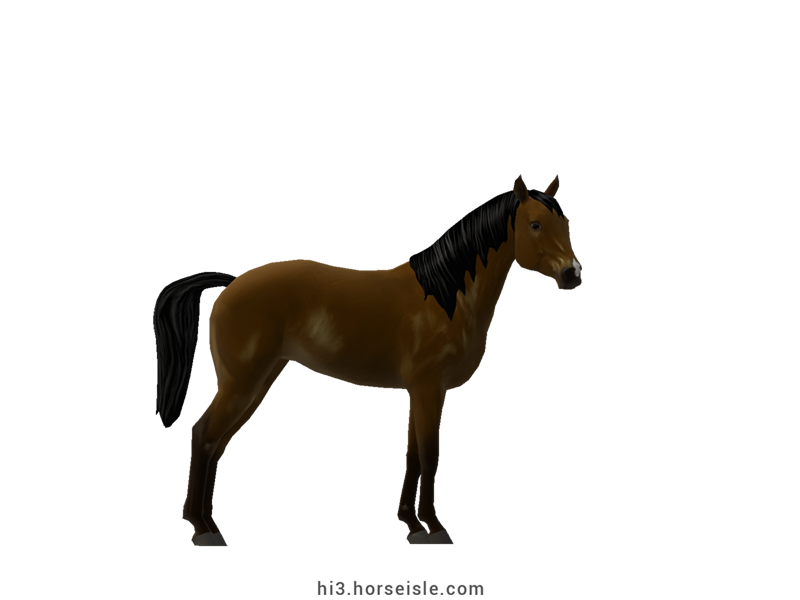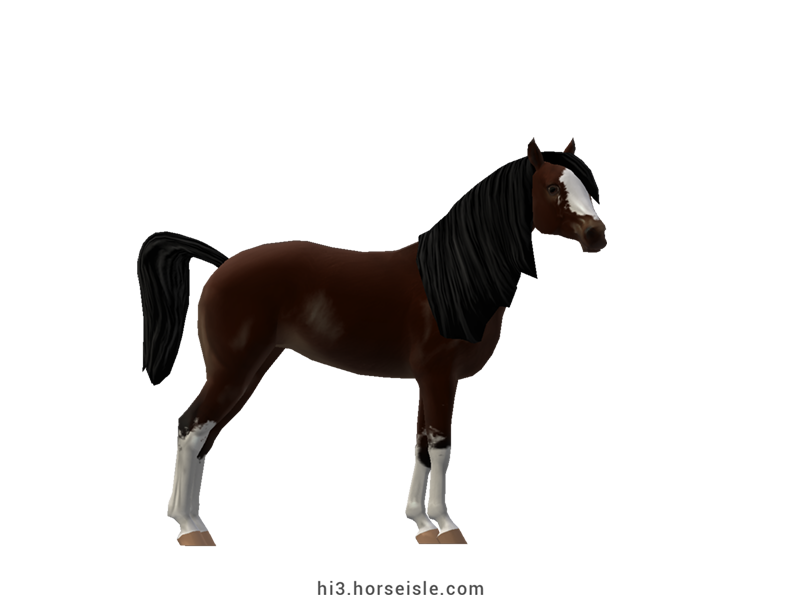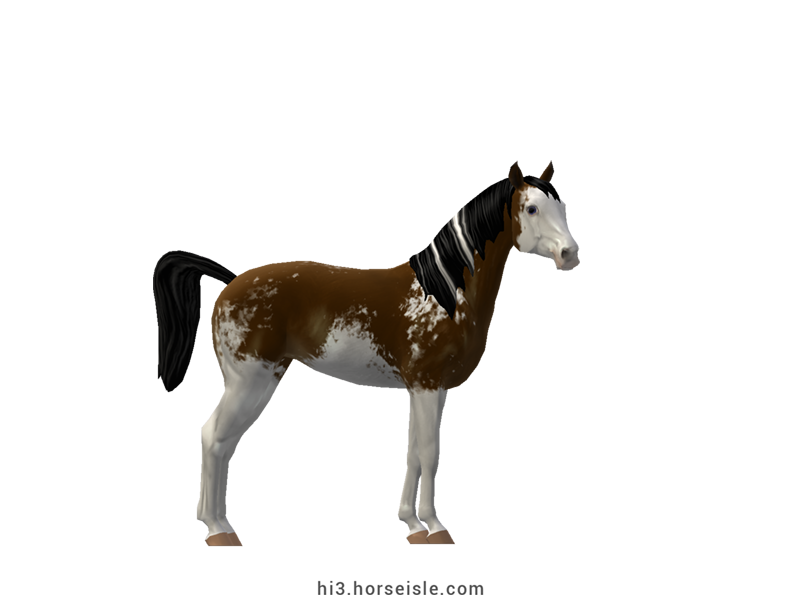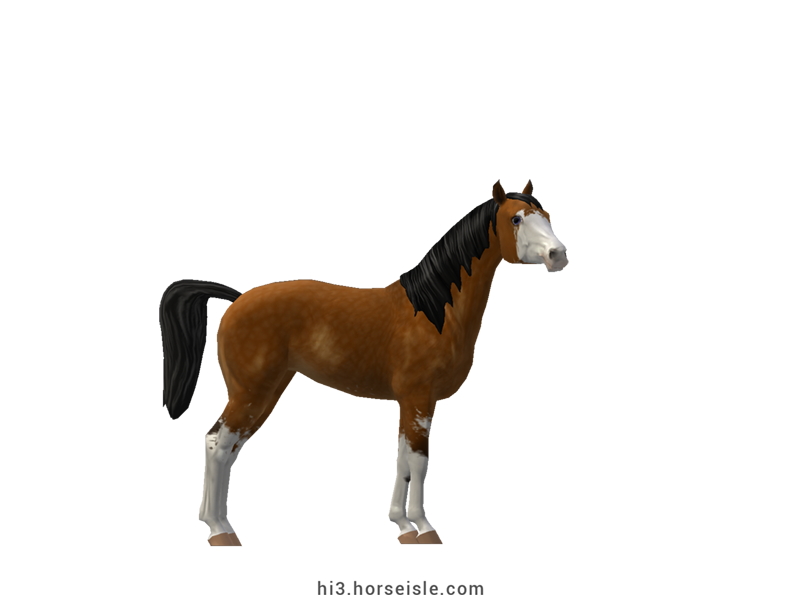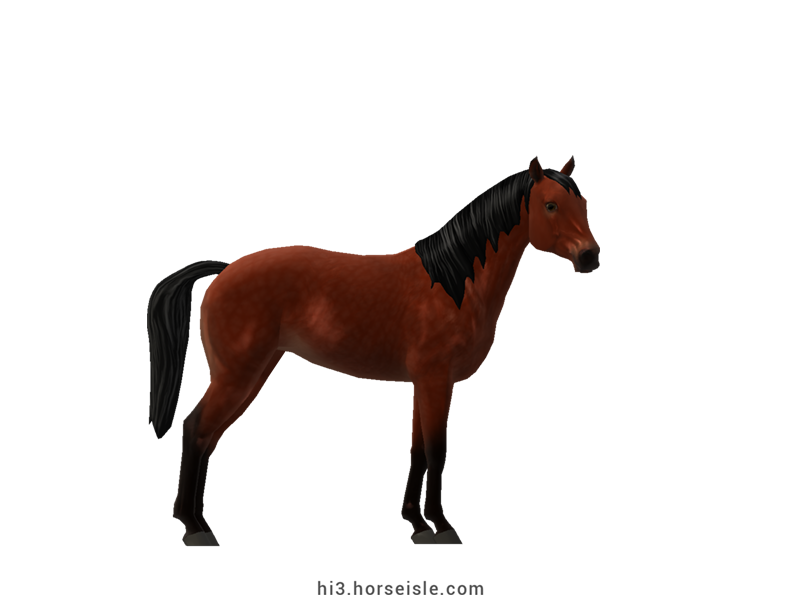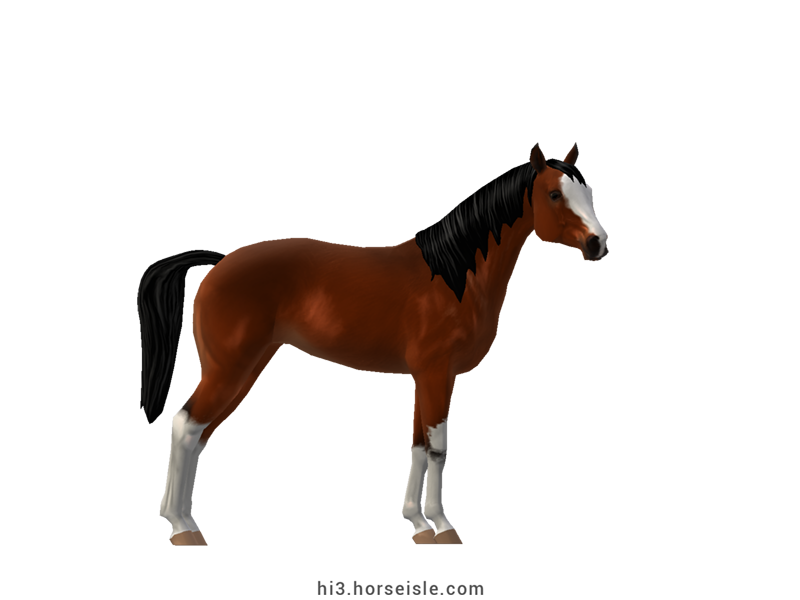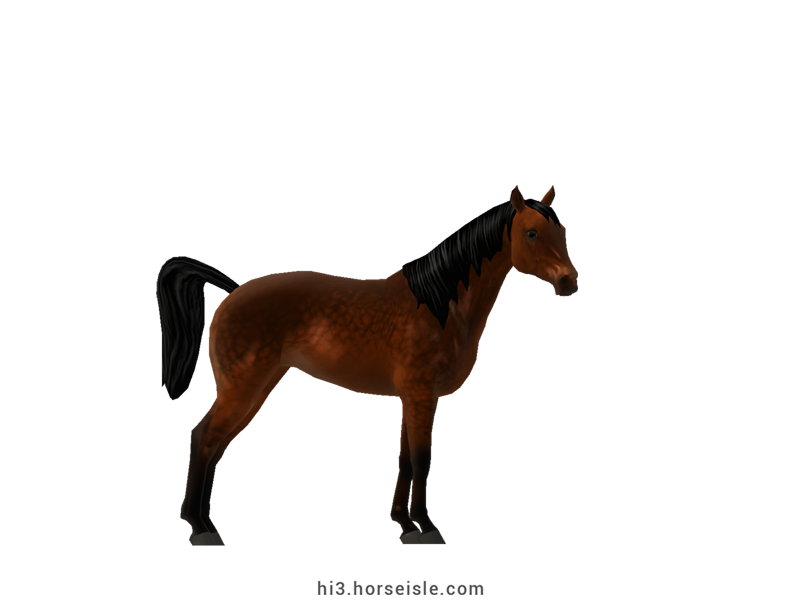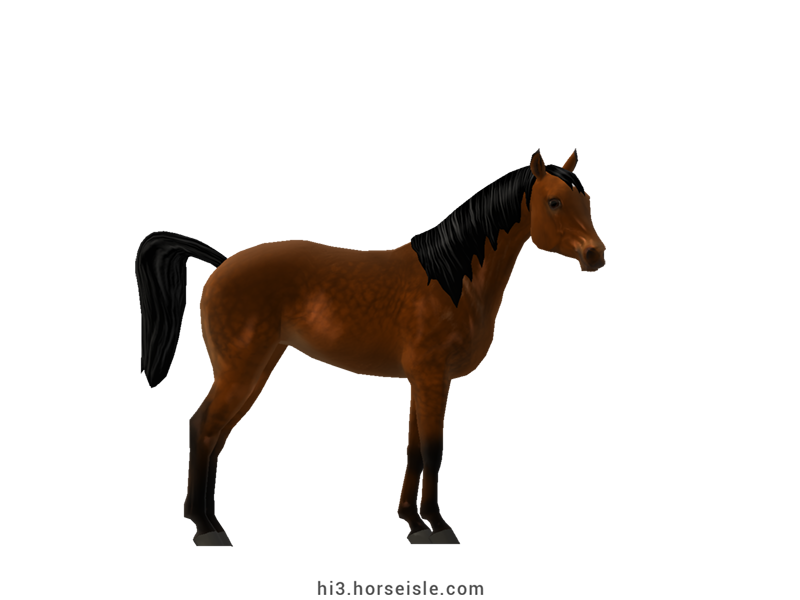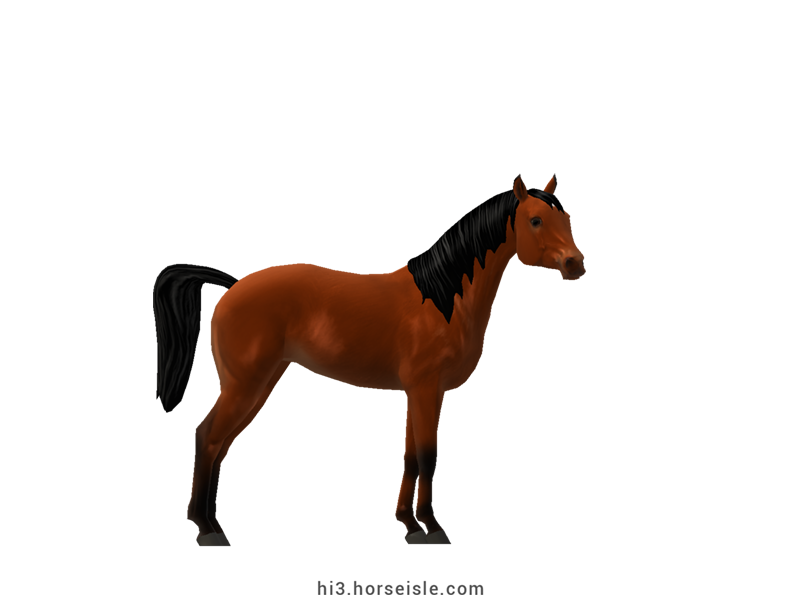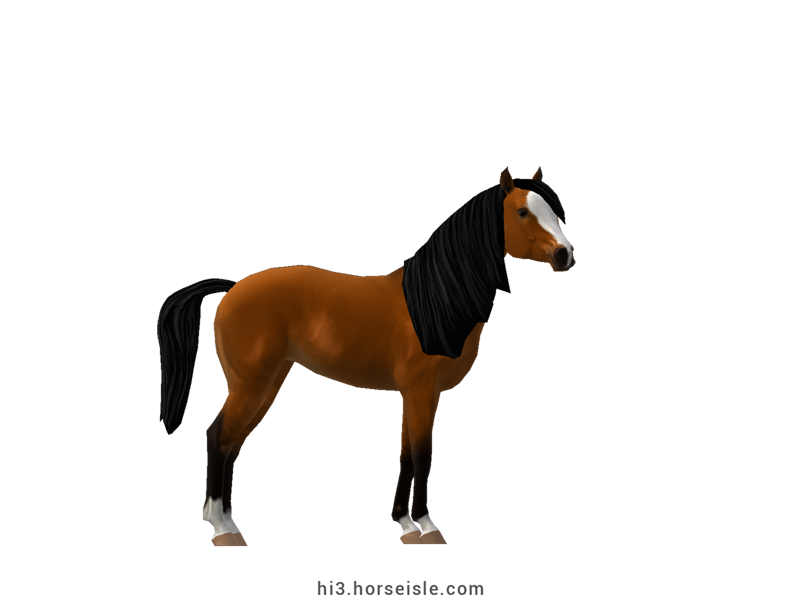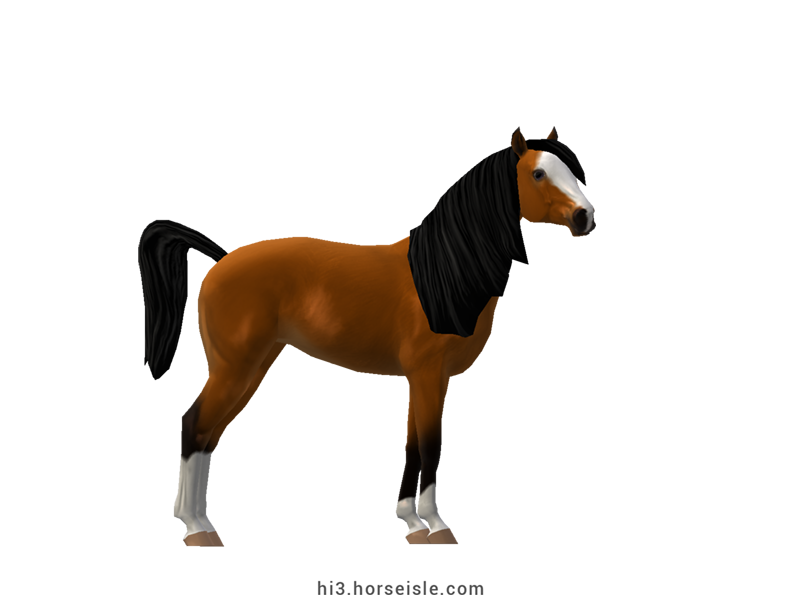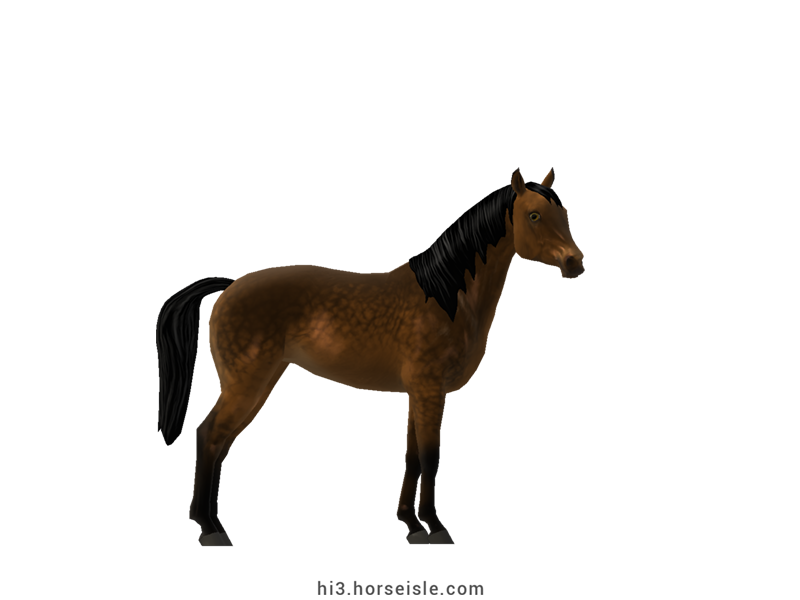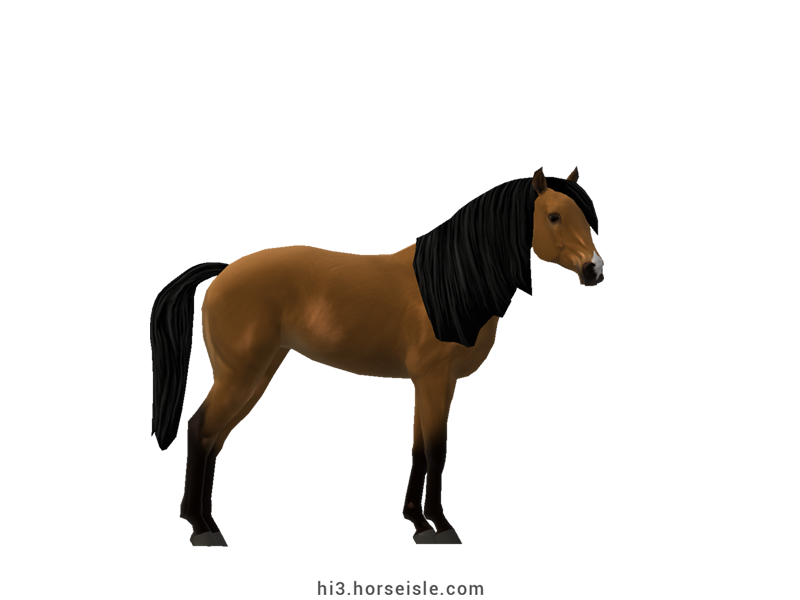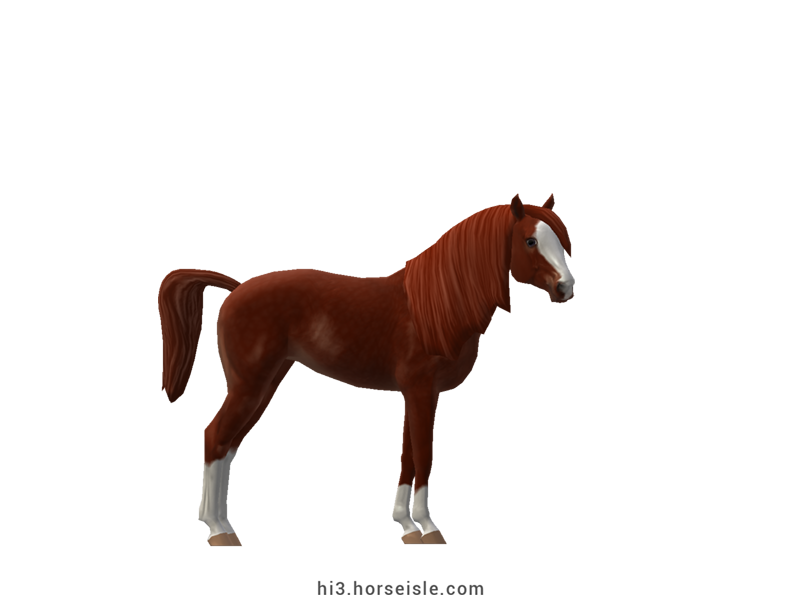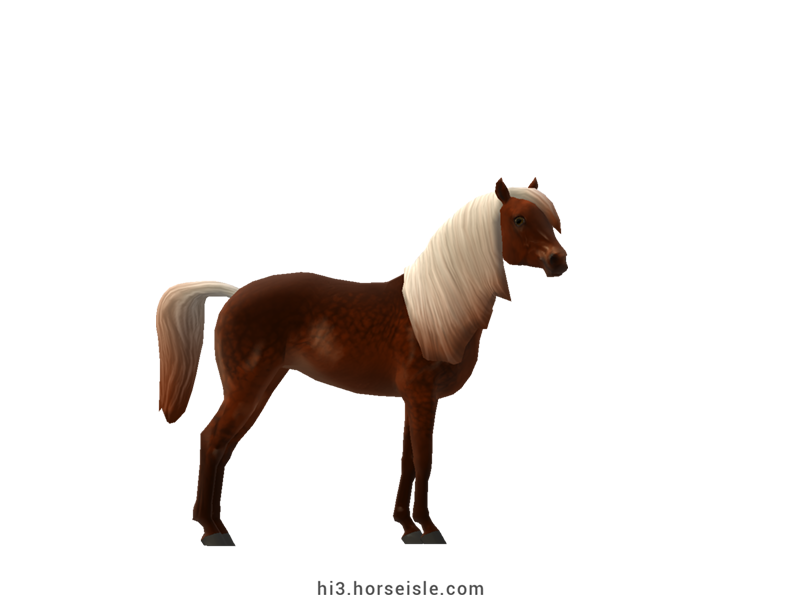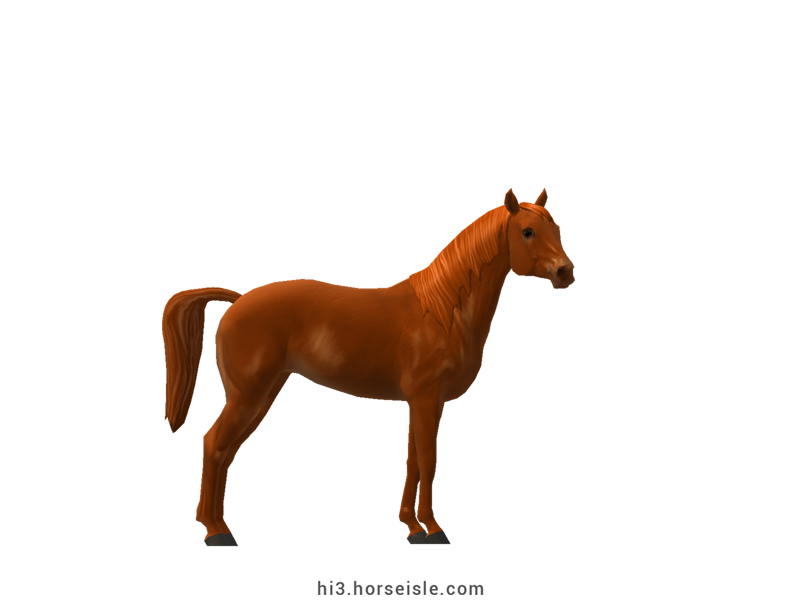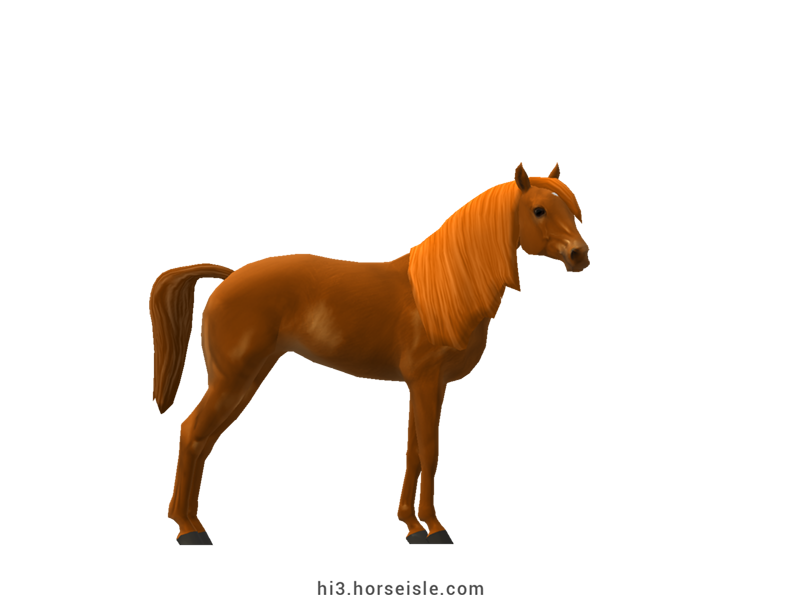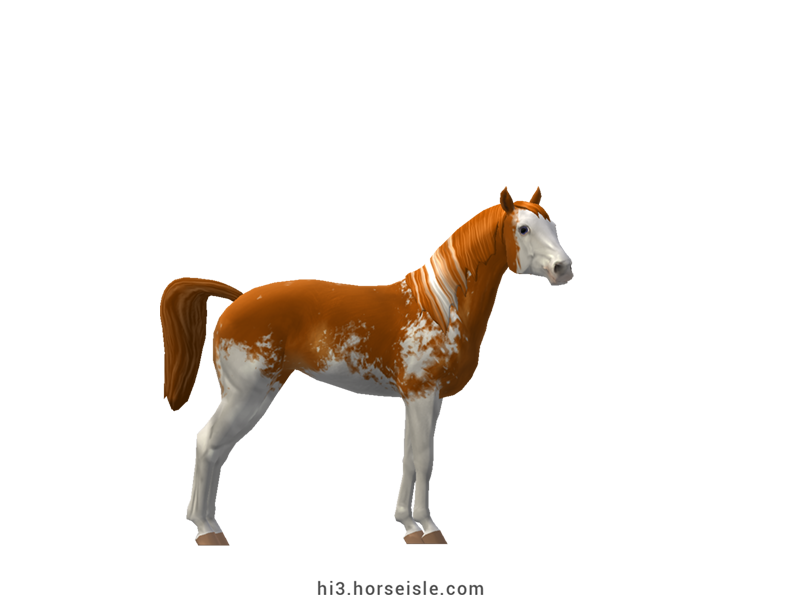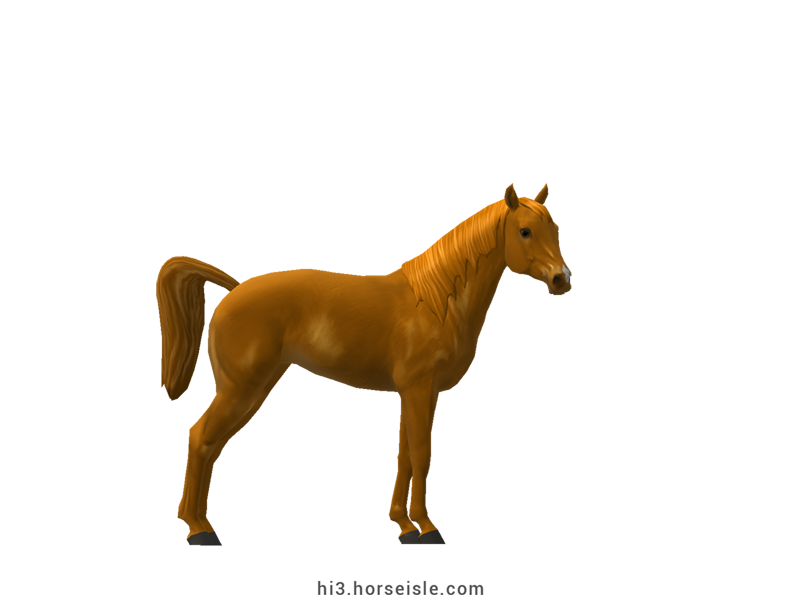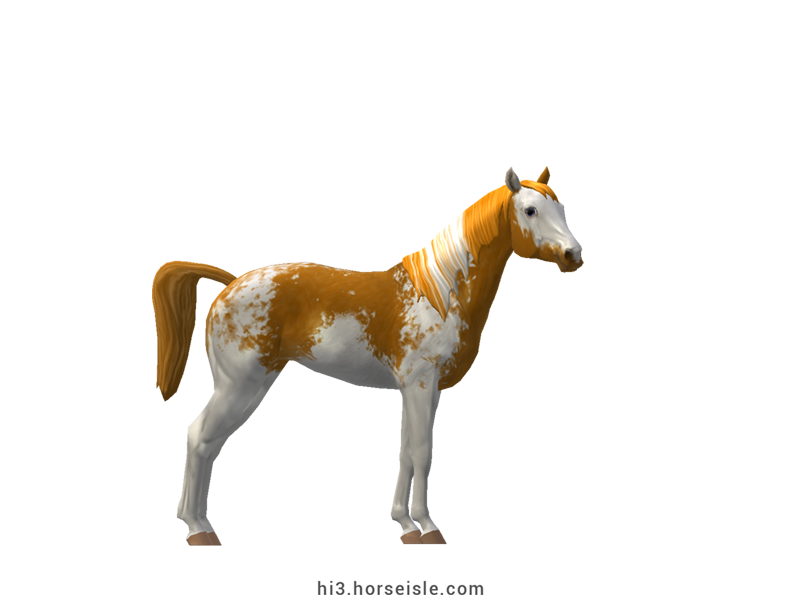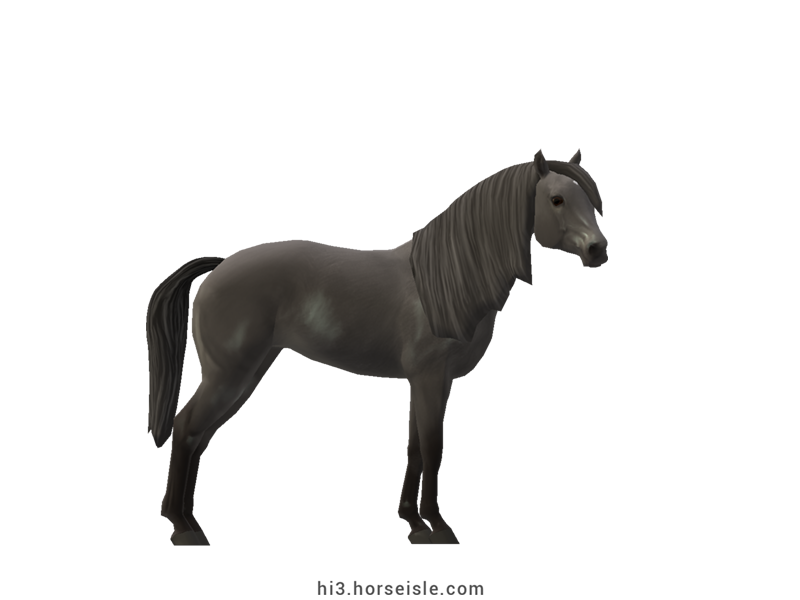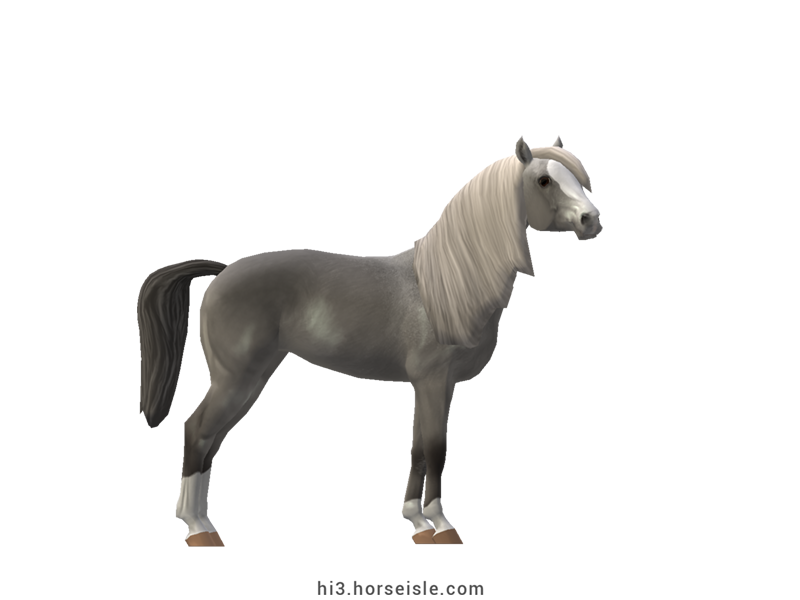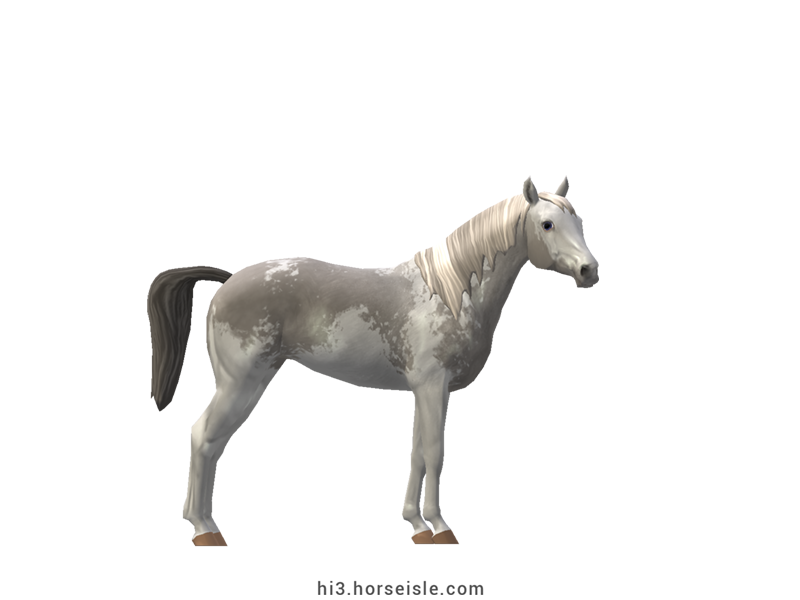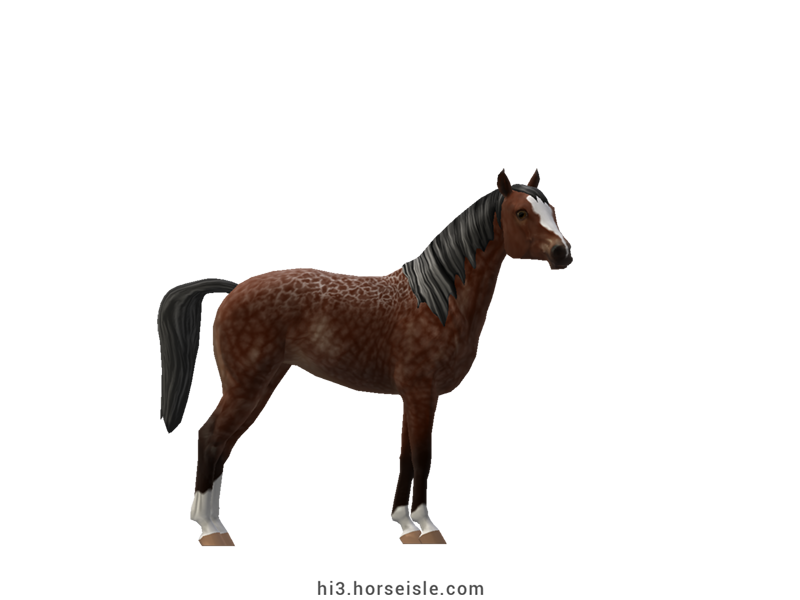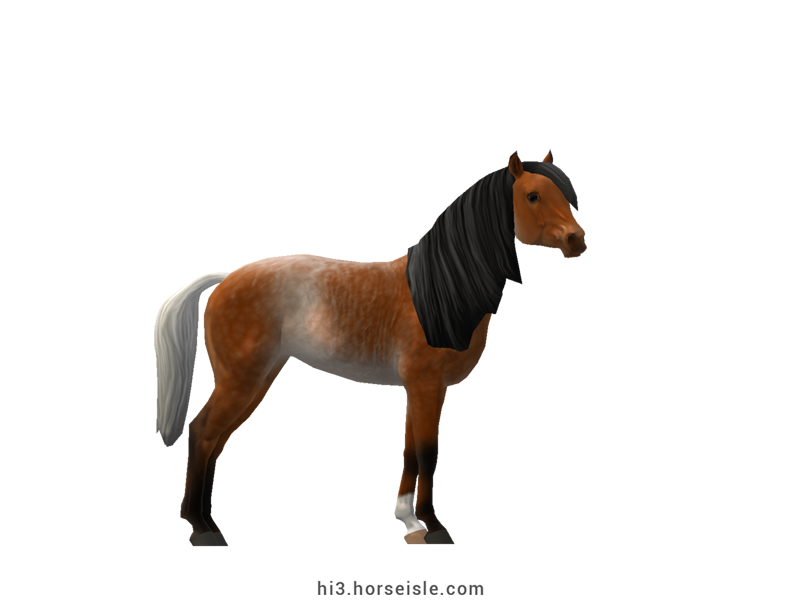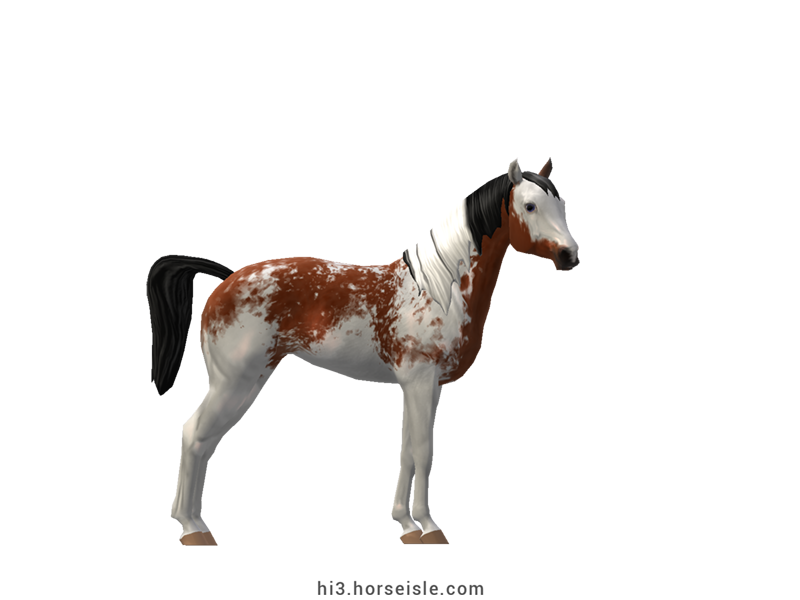Our Massive Real World Equine Reference!
[ INDEX ] Equine Type: Horse Breed: Arabian (Arab) [ PREV ] [ NEXT ]
Ancient, mysterious origins:
The origins of the Arabian horse are shrouded in mystery, and are still being studied today.
We know that prehistoric horses, who stood around 12hh and had a similar overall conformation to that of the Arabian, existed in the Middle East, where the Arabian was later born. However, we don't know whether the Arabian directly developed from these horses alone, or whether it was created from crossings between these horses and other types of prehistoric horses.
In addition, there is a debate regarding where the Arabian first originated; was it in the southwestern regions of the Arabian Peninsula, or in northern Syria and southern Turkey? What we do know is that the Arabian didn't originate in the arid deserts of the Arabian Peninsula, but was instead introduced to these areas by tribes who brought Arabian horses with them to the desert.
A pure desert horse:
The oldest accounts of Arabian horses trace back to the Bedouin tribes, who memorized, and later documented, the pedigrees and bloodlines of their horses. This ensured that their Arabians remained "Asil", meaning pure.
The Bedouins also developed numerous strains and sub-strains of Arabian horses, with each strain having a characteristic look and usage. That said, horses of the same strain could still differ in appearance, because the foal was always assigned to the strain of his mother.
Today, these strains are collectively known as "desert-bred" or "desert strains", and three of them are still widely recognized: the Koheilan, the Muniqi, and the Saqlawi, all of which can be found in Horse Isle.
Rising to fame:
Over the years, the Arabian horse became known for being an easy-keeper horse of great speed and endurance. It was sought after by various leaders and civilizations, especially in the Middle-East where it played a vital role in their prosperity. For example, the Ancient Egyptians expanded their kingdom thanks to the Arabian horses who pulled their chariots.
Over time, Arabian horses also gained fame in Europe, and many European leaders imported them in order to refine existing breeds and create new ones. Indeed, almost all of the horse breeds that exist today have some degree of Arabian blood in them.
The Arabian today:
Today, the Arabian is one of the most popular and well-known horse breeds worldwide, and is found in almost every country. It is used primarily for racing and endurance riding, but also for show-jumping, dressage, and various Western disciplines, though to a lesser extent.
Personality:
Arabians are intelligent, "hot-blooded" horses who have an energetic and active temperament. Both foals and adults love to naturally carry their tail high and proud while moving.
Conformation:
The conformation of the Arabian is not only unique, but has also remained relatively consistent during the thousands of years in which this breed existed.
The Arabian is an elegant horse with slender legs, a long and arched neck, and a horizontal croup. It also has a short back, and some horses, but not all, are missing one lumbar vertebrae (a phenomenon which also occurs in other breeds, and, despite being largely associated with Arabian horses, is not restricted to the Arabian breed).
Arabians are mostly famous for their characteristic dished face, and have a prominent forehead called "Jibbah". That said, the original Arabian horses didn't have dished faces to the extreme extent that today's Arabians have, and which results from modern breeding programs.
Performance metrics:
The following are the: range, average, (SD), and MOE of performance metrics of ordered Arabians in Horse Isle (not bred ones). In rare cases,
Speed: 14.7-16.4, 15.7 (0.4), 0.08.
Sprint: 38-53, 44 (3), 0.6.
Accel: 0.85-0.99, 0.92 (0.03), 0.01.
Decel: 0.74-0.90, 0.83 (0.04), 0.01.
Jump: 4.94-5.24, 5.10 (0.06), 0.01.
Pull: 1.41-2.28, 1.87 (0.19), 0.04.
Turning: 39.80-54.11, 47.25 (3.05), 0.6.
Reverse: 2.1-2.7, 2.4 (0.1), 0.03.
Stamina: 38.92-46.37, 41.90 (1.46), 0.29.
Reaction: 0.67-0.80, 0.74 (0.03), 0.01.
Coats & Height:
Colors: bay, brown, chestnut, grey, and more rarely, black*, seal brown, dominant white, and dominant black**.
* Black Arabians used to be extremely rare, since they couldn't easily dissipate body heat, which greatly lowered their endurance in hot deserts.
** Dominant black is a brownish-black color which originated in an American Arab stallion called Serr Ebony Star. So far, this allele is found only in Arabians, although it enjoys wider availability on Horse Isle.
Additionals: flaxen, linebacked, rabicano, sooty, manchado, white-spotted sabino, all rare patterns.
Height: 14hh to 16.2hh.
[ INDEX ] [ PREV ] [ NEXT ]

